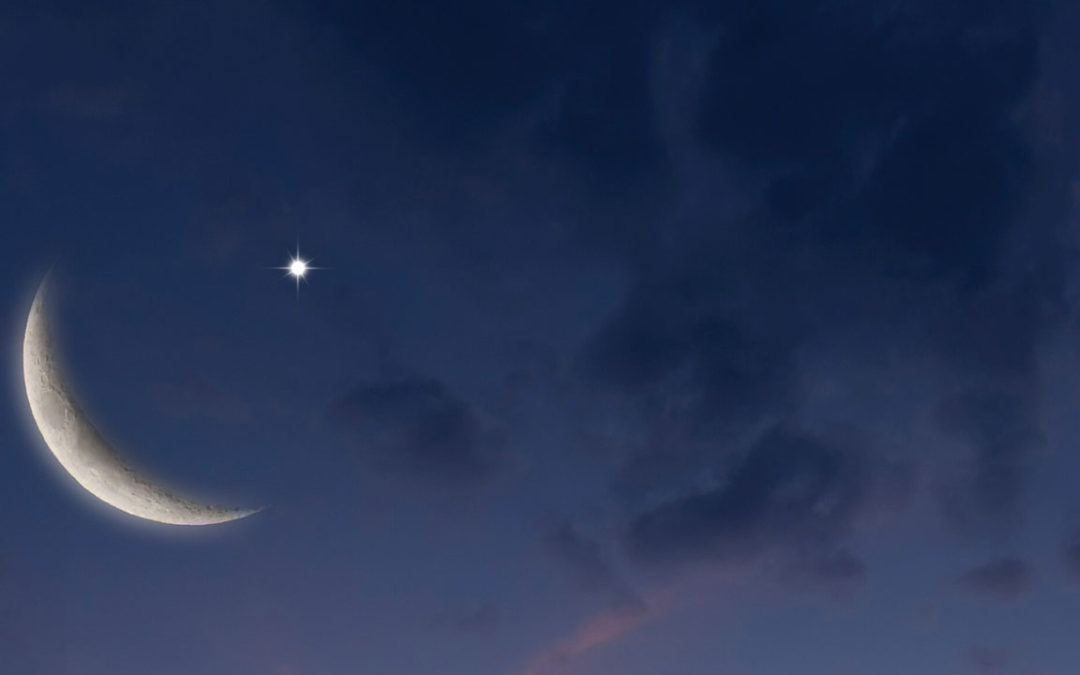As the blessed time of Ramadan quickly approaches, many of us recall the sunnah (habitual practice), through taraweeh nightly prayers, fasting, and iftar (breaking fast) dinners. It is easy for us to view this month routinely and physically without much deeper thought. However, just as restraining from eating, it is of paramount reward to pause and remind ourselves of the reasoning behind the many ways we celebrate. In doing so, Inshaa’Allah (God willing) this Ramadan will be more productive, and our actions will feel more purposeful, and less like checkmarks on a calendar.
One of the ways to honor this month is by remembering the significance of it: The Holy Quran was first sent down to the prophet Muhammad (peace be upon him). As our number one resource to find the true meaning of Islam, and answer timeless questions about life, this book is a gift of guidance to help us navigate a fast-paced and ever-changing world. One of the beautiful truths of Islam which cannot be overstated, is that equally important to our actions are our intentions. So I urge you all to set a plan today, make the intention, before this month begins, of the goals you wish to complete. This can include an organized plan for when and how you can apply the teachings of the Quran to your life. For some of us, it may look like downloading a Quran app and setting reminders. For others, this may consist of reading a juz (chapter) every day.
Many Muslims revere the Qur’an to a high degree in our minds, yet, our actions do not reflect this as we do not give it much time. The Holy Book, on this earth, physically functions the same as any other treatise; to learn and benefit from it, we have to open it and read the words. Or type in a website link, or download an app. It is never too late to start learning and strengthening your deen (religion). Ramadan can be this opportunity if we so choose. The reason it is a favorable time for this effort is that the reward of good deeds is multiplied.
Fasting one day in Ramadan is better than fasting a thousand days, and saying tasbeeh (remembrance of God) in it is better than saying a thousand tasbeehs, and one rak‘ah (ritual bowing) in it is better than a thousand rak‘ahs. Lataa’if al-Ma‘aarif by Ibn Rajab.
Another reason that planning out an agenda for this month may be beneficial, is that many teenagers and young adults, like myself, associate Ramadan with summer. As the years progress and it distances from the season, it is now approaching at a time typically hectic with normal school or work schedules, i.e finals. Even so, I encourage you not to view this fasting as a burden, though it may immediately strike us as such. Fasting is a gift, Alhumdulilah (thank God). Fasting is a reminder of our blessings, humanity, and morality. Our reliance on food as mankind is universal; It keeps us naturally not one above the other when we unite to refrain from eating for the sake of Allah (subhanahu wa ta’ala). The Quran states “To fast is better for you, if only you knew” (2:184). Of course, it still physically impacts our abilities, and this is why creating a schedule may help us better plan to appreciate deen (religion), even while in our normal routines of dunya (temporal world). May this be a blessed Ramadan for all of us, insha’Allah (God willing). AIMA hopes that this reminder finds you well and is resourceful.
Copyright © 2020 American Islamic Montessori Association, all rights reserved.
Fatema Rehmani is a sophomore at Saint Louis University. Her personal philosophy is, “If you want to make the world a better place, look at yourself and make a change” -Michael Jackson. Her hobbies include baking, writing, and spending time with friends and family.


